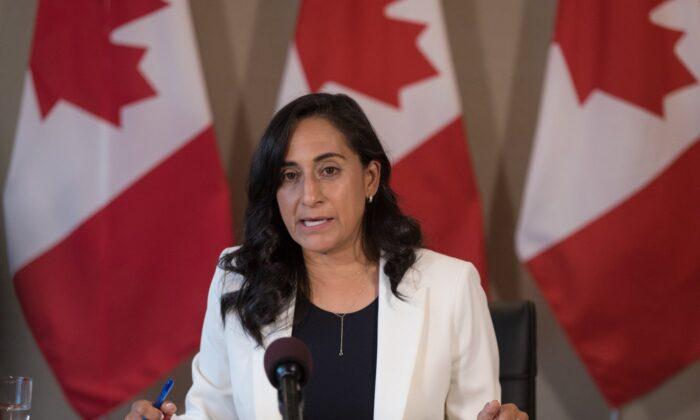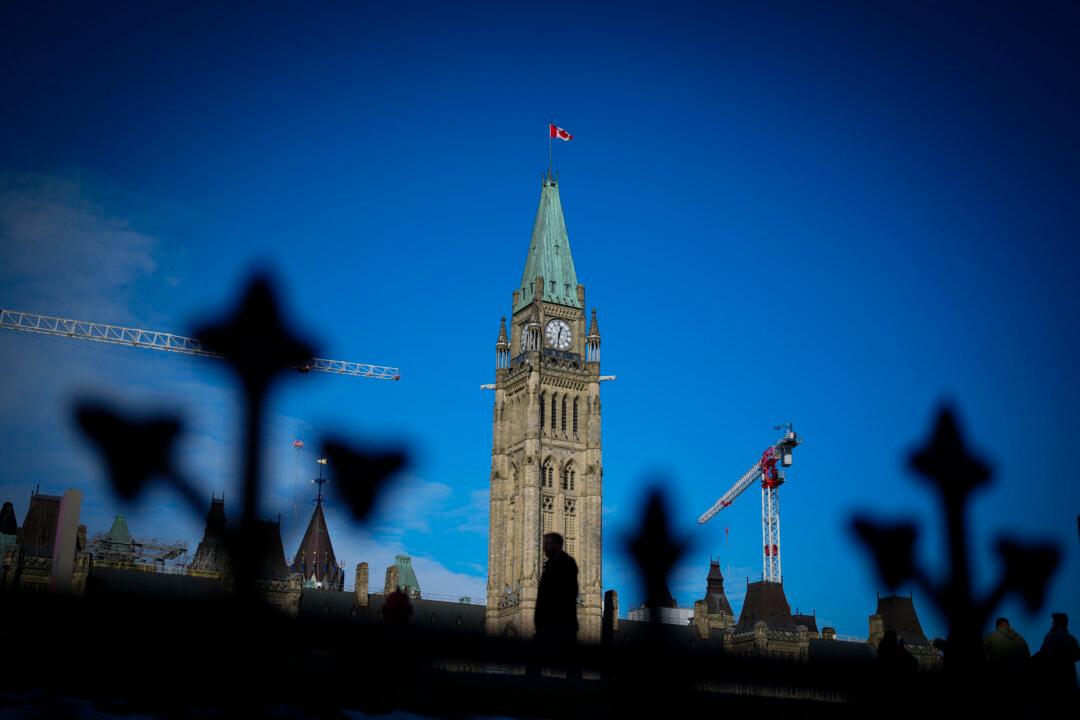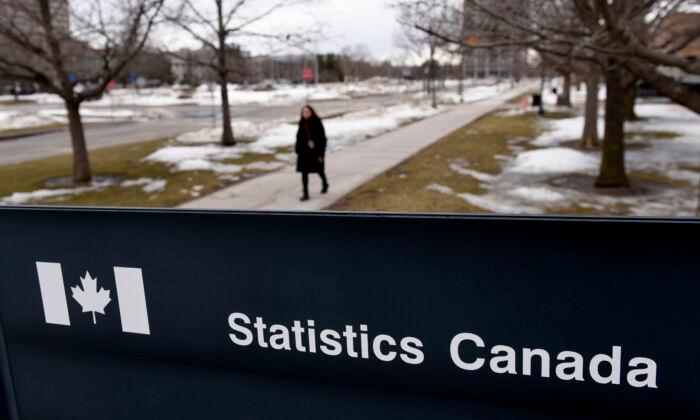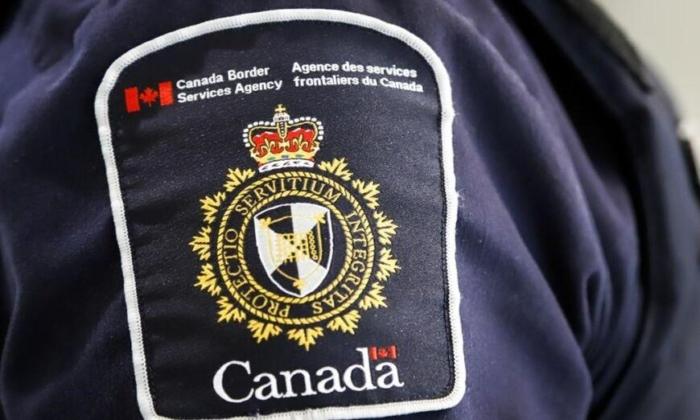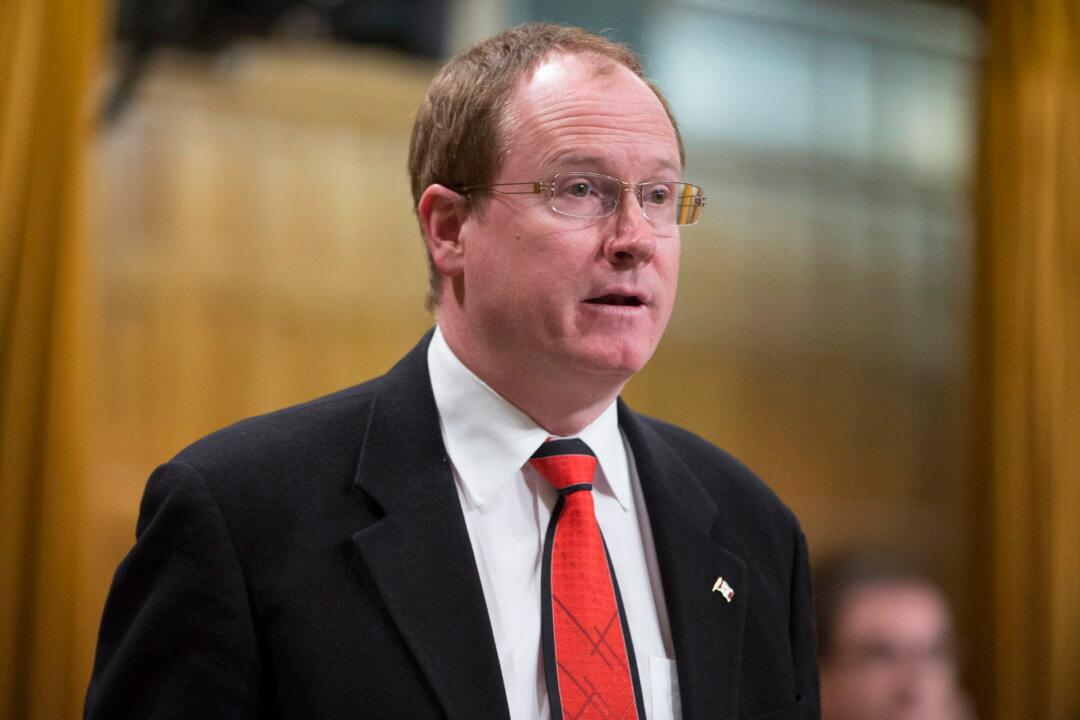Canada faces growing competition in the Arctic region from Russia and China and must do “whatever is necessary” to defend the region, Defence Minister Anita Anand told a Senate committee on April 24.
“Our analysis of the threat is going to proceed on the basis that we need to do whatever is necessary—in terms of capabilities and human resources, to undertake the defence of that region, both individually, through NORAD, and collectively with other Arctic countries,” Anand told the Senate Committee on National Security, Defence and Veterans Affairs.
“Perhaps the most important point is that this is an ongoing analysis and an understanding that the threat environment is rapidly changing.”
Ananad said a growing number of Canada’s strategic competitors, including China and Russia, have “made it clear that the Arctic is key to their economic and security interests.” She said Russia has begun to bolster its “already significant military presence” in the region with additional nuclear-powered icebreakers and long-range precision-guided weapons, while China has begun to increase its activities in the region.
“Beijing and Moscow have also pledged to intensify practical operation in the Arctic,” Stoltenberg said during the trip. “This forms part of the deepening strategic partnership that challenges our values and our interests.”
Anand said the Arctic is becoming “increasingly vital in strategic competition in this century,” which is why the Canadian Armed Forces are investing in more equipment and resources to maintain its presence in the region.
Anand highlighted the Canadian military’s investments in six Arctic offshore patrol ships, 88 F-35 jets, and satellite communication platforms that she said are “central to conducting all northern operations.”
The defence minister also said the shooting down of an unidentified flying object over the Yukon in February highlighted the need for further investments in the North American Aerospace Defense Command, which is why Canada will invest $38.6 billion over 20 years for its modernization of Canadian NORAD capabilities.
‘Tremendous Effort’ Required: Senator
Senator Hassan Yussuff told Anand that when he recently travelled to Canada’s north, he was “taken aback” by the state of the runway in Inuvik, N.W.T. He said his plane had to do a complete U-turn to get from the hangar onto the runway, and also mentioned that a military aircraft was unable to take off to deal with a suspected Chinese spy balloon because the runway had ice on it.“Given the readiness of our forces in that region, [it’s] going to take a tremendous effort on our behalf,” he said.
Anand responded that the needs of the CAF are “routinely assessed” to ensure the appropriate facilities are in place to support the country’s northern operations.
“We have to continue to do our work on that front regarding the Inuvik hangar, regarding the Nanisivik Naval Facility, as well as the operation of those assets. Operating in the high Arctic is of course of central concern to us,” she said.
Anand told the senators that Canada needs to be aware of threats “not only in our own backyard,” but also in the Indo-Pacific region.
“That is the reason why we are adding a third frigate. That is the reason why we’re enhancing our training, our capacity building, as well as our cyber operations with partners and allies in that region,” she said.
“This time in the global strategic environment is very much about building and cementing our relationships with our allies, whether we’re talking about our Five Eyes allies, whether we’re talking about our NATO allies, whether we’re talking about NORAD.”
